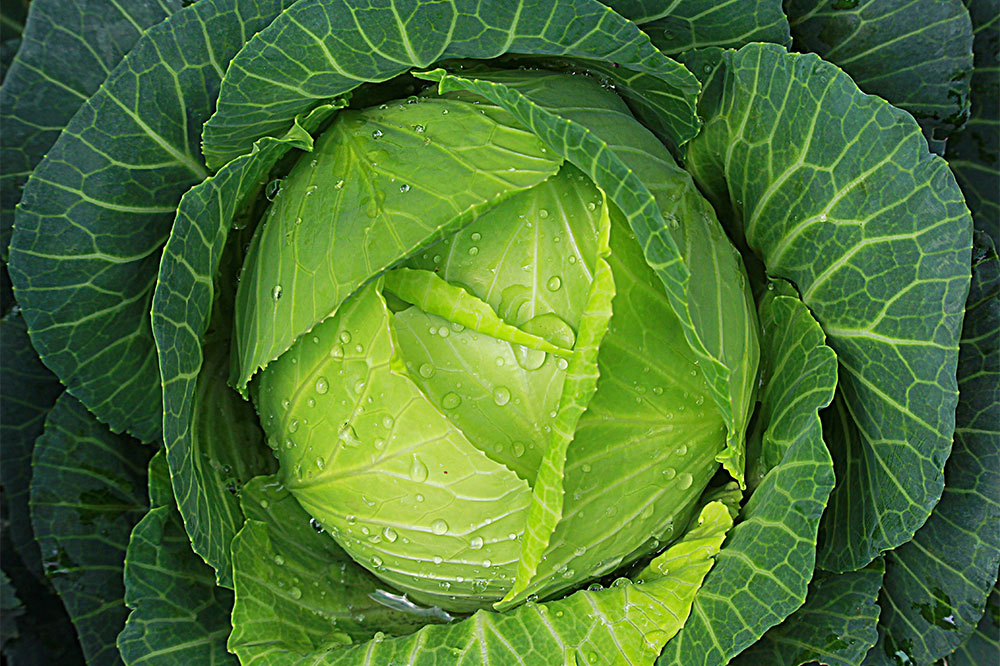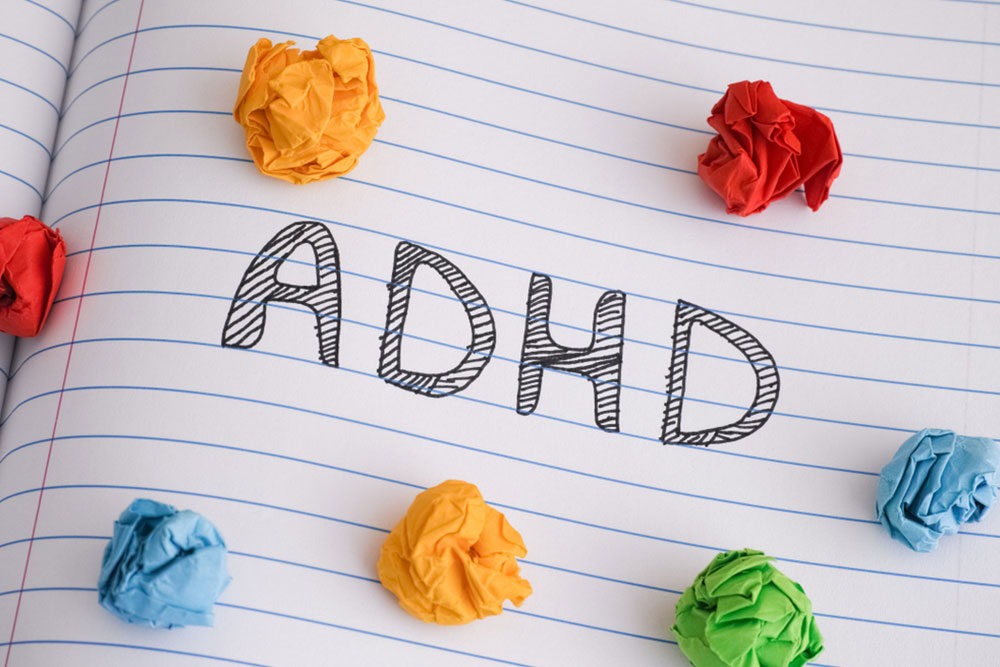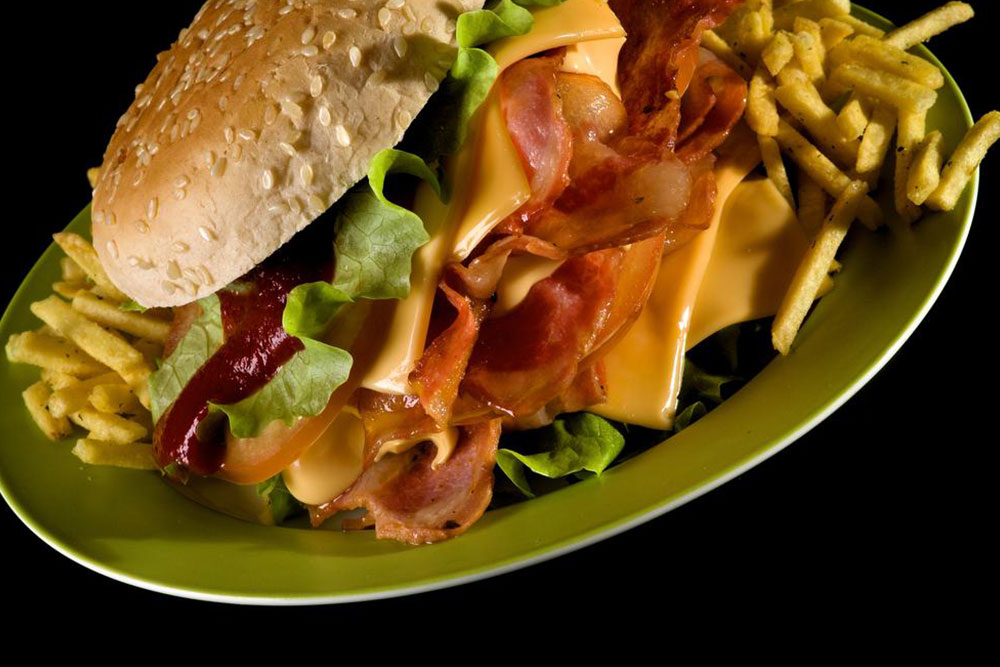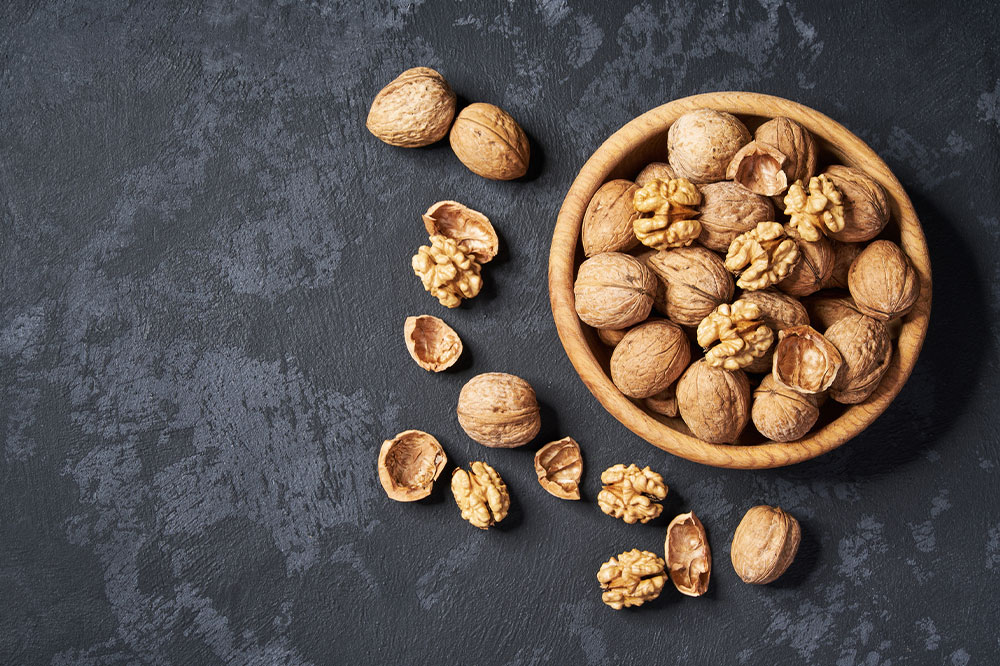Diet Tips for Managing ADHD: Foods to Consume and Avoid
Discover essential dietary strategies to manage ADHD effectively. Learn which foods boost brain health and which to avoid for better focus, behavior, and overall well-being. Incorporate nutrient-rich options like proteins, vitamins, and supplements while steering clear of processed, sugary, and artificial foods. Proper diet can significantly reduce ADHD symptoms and improve quality of life.
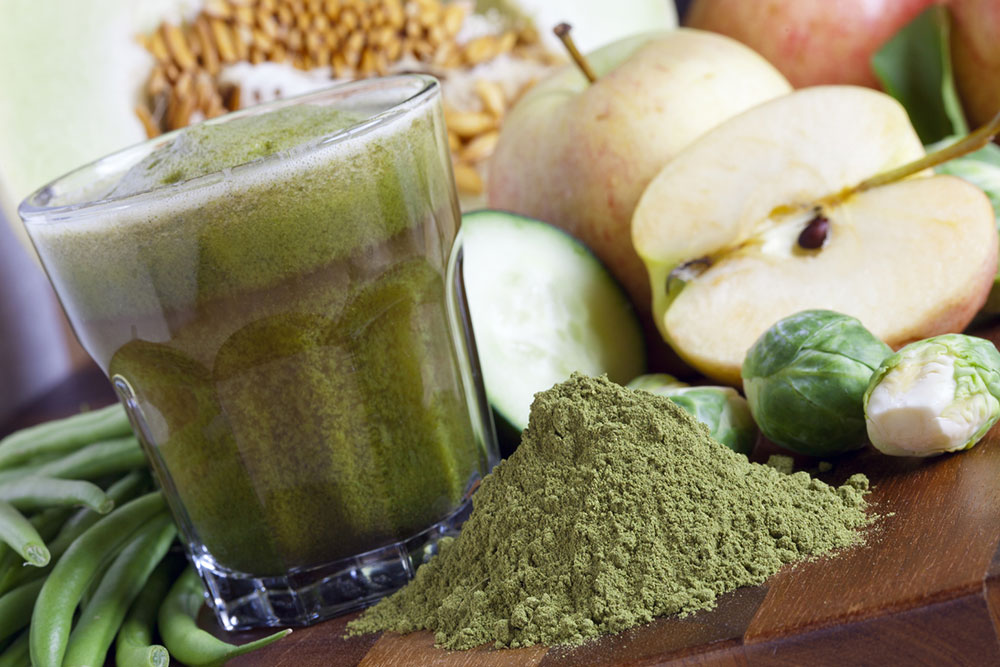
Effective Diet Strategies for ADHD Management
Attention Deficit Hyperactivity Disorder (ADHD) is a neurological condition that affects brain function, impacting attention, focus, and behavior. Statistically, around 11% of children and 5% of adults worldwide are affected by ADHD annually. Those with ADHD often struggle with maintaining concentration, sitting still, and completing tasks. Fortunately, dietary choices play a vital role in controlling symptoms. Incorporating specific nutritious foods and avoiding certain triggers can significantly improve quality of life for individuals managing ADHD.
Here, we explore key foods to include and avoid in an ADHD-friendly diet to help enhance cognitive health and reduce symptoms.
Foods to Include
The following dietary choices are recommended for those with ADHD:
Protein-packed foods
Incorporating protein into daily meals is crucial. Proteins support repair of tissues and promote neurotransmitter production, which improves brain function. They also help stabilize blood sugar levels, preventing fluctuations that could trigger ADHD symptoms.
Ginkgo and ginseng supplements
These natural supplements are acclaimed for enhancing cognitive functions and are beneficial for managing ADHD symptoms. They support brain health and improve focus and mental clarity.
Vitamins and essential minerals
Ensuring adequate intake of vitamins and minerals is vital. Vitamins B complex and multivitamins, along with minerals like zinc, magnesium, and iron, play a key role in maintaining neurological health and preventing symptom escalation.
Pycnogenol supplements
Rich in polyphenols, Pycnogenol helps protect brain cells from oxidative stress. It has shown promising results in reducing hyperactivity, enhancing attention, and supporting memory.
Foods to Limit or Avoid
It is equally important to avoid foods that may worsen ADHD symptoms. These include foods containing high levels of sugars, artificial colors, preservatives, and overly processed junk foods. Spicy and fatty snacks and allergenic foods should also be minimized, as they can trigger hyperactivity and impair cognitive functioning.
Foods high in simple sugars (natural or artificial)
Food coloring agents
Preservatives and artificial additives
Junk foods and fast food
Spicy, oily, and processed snacks
Allergen-prone foods
Always consult with healthcare professionals before making major dietary changes to ensure safety and effectiveness. Sticking to a balanced diet tailored for ADHD can lead to a more focused and healthier life.

